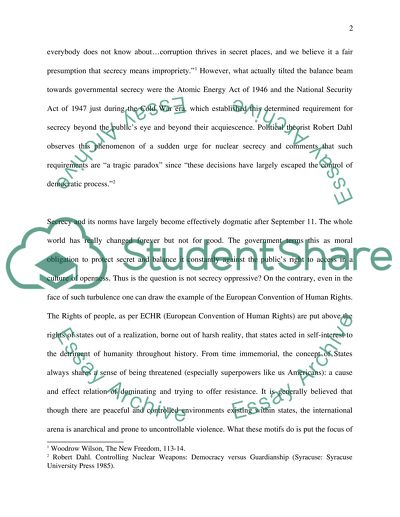Cite this document
(“Modern American History Essay Example | Topics and Well Written Essays - 1500 words”, n.d.)
Modern American History Essay Example | Topics and Well Written Essays - 1500 words. Retrieved from https://studentshare.org/miscellaneous/1502212-modern-american-history
Modern American History Essay Example | Topics and Well Written Essays - 1500 words. Retrieved from https://studentshare.org/miscellaneous/1502212-modern-american-history
(Modern American History Essay Example | Topics and Well Written Essays - 1500 Words)
Modern American History Essay Example | Topics and Well Written Essays - 1500 Words. https://studentshare.org/miscellaneous/1502212-modern-american-history.
Modern American History Essay Example | Topics and Well Written Essays - 1500 Words. https://studentshare.org/miscellaneous/1502212-modern-american-history.
“Modern American History Essay Example | Topics and Well Written Essays - 1500 Words”, n.d. https://studentshare.org/miscellaneous/1502212-modern-american-history.


